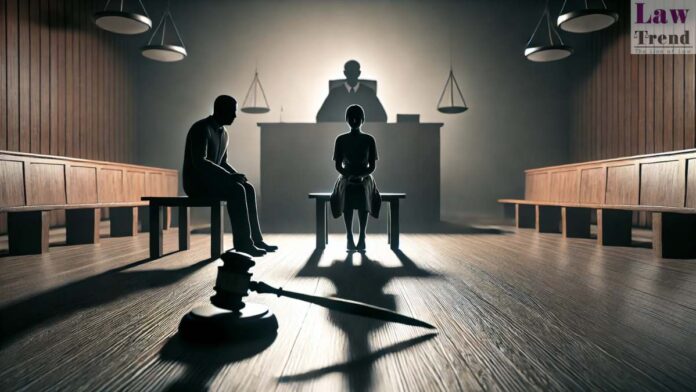In a pivotal session today, the Supreme Court of India delved into the challenging legal terrain of marital rape, questioning the constitutionality of its legal exceptions under the current framework of the Indian Penal Code (IPC).
Chief Justice of India (CJI) posed critical inquiries as the court scrutinized the appeal against the Delhi High Court verdict, signaling the gravity of the constitutional question at hand. “There are two judgments before us, and we have to decide,” the CJI emphasized, indicating the complexity of the legal precedents involved.
Senior Advocate Indira Jaising, arguing against the marital rape exception, asserted that the matter’s crux lies in its constitutional validity, suggesting that even if the exception stands, legal charges could still be pursued. However, the Chief Justice clarified that the primary focus must remain on the constitutional validity before any further legal interpretations.
The debate intensified as Karuna Nundy, representing the appellants, revisited the origins of the challenge which began with a plea from the All India Democratic Women’s Association. Nundy highlighted the questionable parity between Section 375, Exception 2 of the IPC, which exempts spousal rape, and similar provisions under the Bharatiya Nyay Sanhita (BNS).
The Chief Justice underscored the stark legal disparity concerning age in marital relationships, pointedly asking, “When the wife is below 18, it is rape, and when it is above 18, it is not. Is this the difference in BNS and IPC?” Nundy affirmed, referencing past court decisions that deemed certain age-related stipulations unconstitutional.
The discussion also touched upon controversial aspects like non-consensual anal intercourse within marriages, which, as Nundy argued, remains unprotected by the exception clause, revealing significant legal loopholes in the marital rape exception.
Justice Pardiwala further queried about the undefined scope of “sexual acts” within the legal language, to which the Chief Justice responded, illustrating the broad and potentially overreaching implications of the current marital rape exceptions.
As the session neared its lunch adjournment, the Chief Justice asked Nundy to formulate the grounds of challenge clearly, marking the continuation of this critical legal examination in the afternoon.




